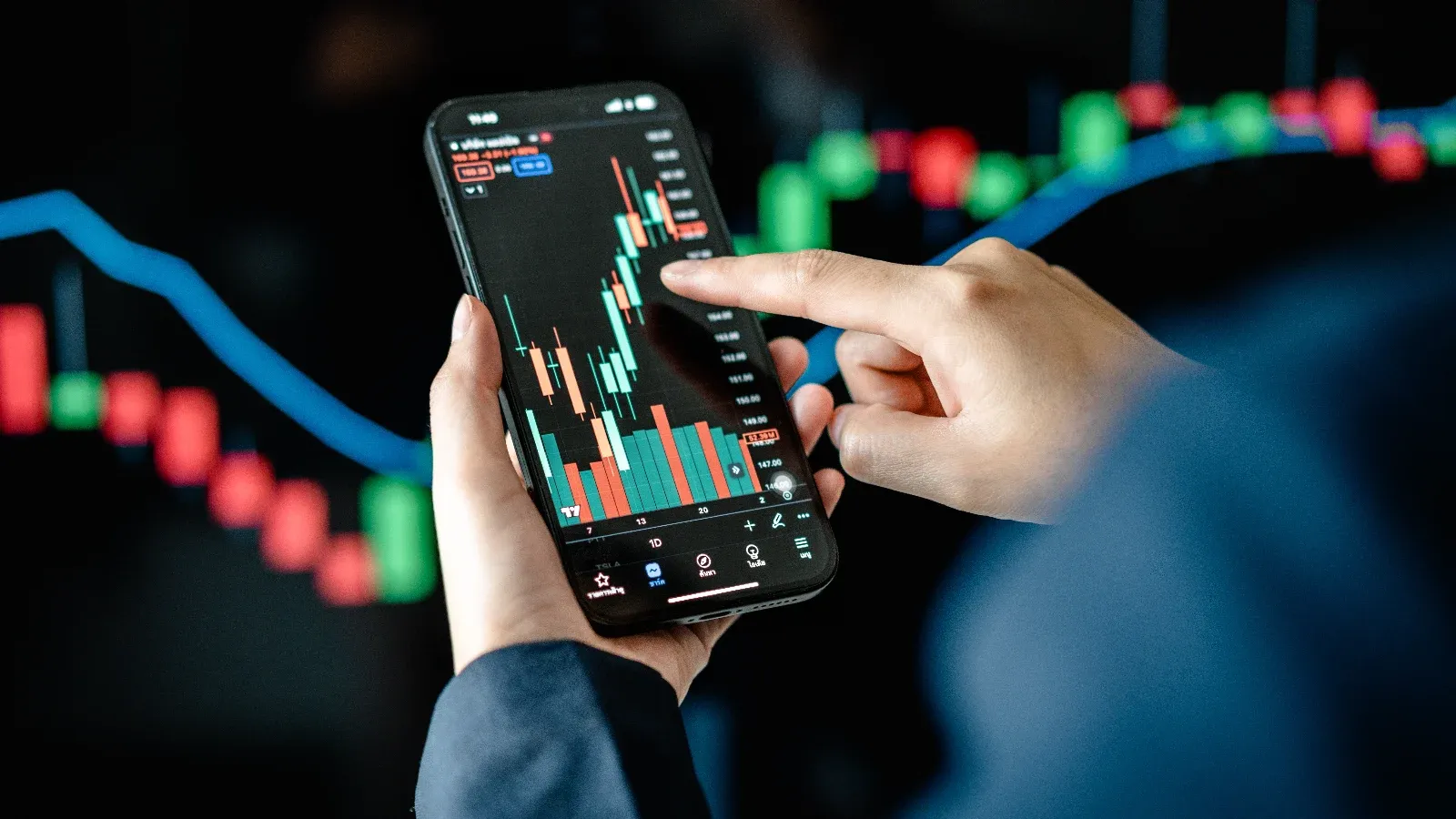Introduction
Investing in the stock market used to require a broker, paperwork, and significant capital. In 2025, it’s possible to start investing with just a smartphone and as little as $1. Stock market apps have revolutionized the way beginners enter the financial world, offering user-friendly platforms, low fees, and even educational resources.
This guide reviews the top 5 stock market apps for beginners in 2025, comparing features, pros, cons, and costs so you can choose the best app to grow your wealth.
What Makes a Good Stock Market App for Beginners?
- Ease of Use: Simple navigation and clean design.
- Low or No Fees: Commission-free trading is the standard.
- Fractional Shares: Allows investing with small amounts.
- Educational Tools: Beginner-friendly tutorials and resources.
- Research Tools: News, analysis, and stock screeners.
- Security: Strong encryption and account protection.
1. Robinhood
- Best For: Beginners who want simplicity.
- Features: Commission-free trading, fractional shares, crypto support.
- Pros: User-friendly, no minimum deposit, instant deposits.
- Cons: Limited research tools, history of outages.
- Standout: Great for first-time investors experimenting with small amounts.
2. Fidelity Investments
- Best For: Long-term investors who want reliability.
- Features: Fractional shares, retirement accounts (IRA, Roth IRA), zero-fee index funds.
- Pros: Trusted institution, robust research, no account minimum.
- Cons: App interface is less flashy than Robinhood.
- Standout: Excellent for beginners planning retirement investing.
3. Charles Schwab
- Best For: Balanced beginners who want flexibility.
- Features: Full brokerage services, ETFs, fractional shares.
- Pros: Strong customer service, low fees, extensive research.
- Cons: Platform may feel overwhelming at first.
- Standout: Great all-in-one platform for growing with you as you learn.
4. SoFi Invest
- Best For: Beginners who want automation + DIY investing.
- Features: Robo-advisor portfolios + self-directed trading.
- Pros: Free financial coaching, fractional shares, low fees.
- Cons: Limited advanced investing tools.
- Standout: Ideal hybrid app for students and young professionals.
5. Acorns
- Best For: True beginners with little money.
- Features: Rounds up purchases and invests spare change.
- Pros: Automated investing, beginner-friendly, low minimum ($5).
- Cons: $3–$5/month fee can be high on small balances.
- Standout: Perfect for absolute beginners who want to start effortlessly.
Comparison Table: Best Stock Market Apps for Beginners (2025)
| App | Best For | Fees | Standout Feature |
|---|---|---|---|
| Robinhood | Simplicity | $0 trades | Fractional shares, crypto |
| Fidelity | Long-term investing | $0 | Zero-fee index funds |
| Charles Schwab | Balanced beginners | $0 | Extensive research + ETFs |
| SoFi Invest | Automation + DIY | $0 | Robo-advisor + trading |
| Acorns | Absolute beginners | $3–$5/month | Round-up investing |
Case Study: Emma’s First Year with Apps
Emma, 21, wanted to try investing but had no experience. She started with Acorns to automatically invest her spare change. After 6 months, she upgraded to Fidelity for index funds and retirement savings. By 2025, she had built a $3,200 portfolio across both apps.
Lesson: Beginners can start small and transition into more advanced apps as confidence grows.
Tips for Choosing the Right App
- Start with one app—don’t overwhelm yourself.
- Consider your goals (quick trades vs. long-term savings).
- Check fees—monthly fees matter more on small balances.
- Look for educational resources if you’re brand new.
- Make sure the app offers fractional shares.
Expanded FAQ
Q: Can I invest with just $10 on these apps?
Yes—apps like Robinhood, Fidelity, and Acorns support fractional shares.
Q: Which app is safest for beginners?
Fidelity and Charles Schwab are the most established and trusted.
Q: Can I trade crypto on these apps?
Robinhood and SoFi support crypto trading; others focus on stocks/ETFs.
Q: Do I need to pay taxes on gains?
Yes—profits are subject to capital gains taxes. Apps often provide tax forms.
Q: Should I use multiple apps?
You can, but starting with one is best for simplicity.
Conclusion
In 2025, investing is no longer intimidating for beginners. With apps like Robinhood, Fidelity, Schwab, SoFi, and Acorns, anyone can start with just a few dollars and a smartphone. The key is choosing the app that matches your goals—whether that’s simplicity, retirement planning, or passive investing.
Start small, stay consistent, and let technology make investing effortless.
